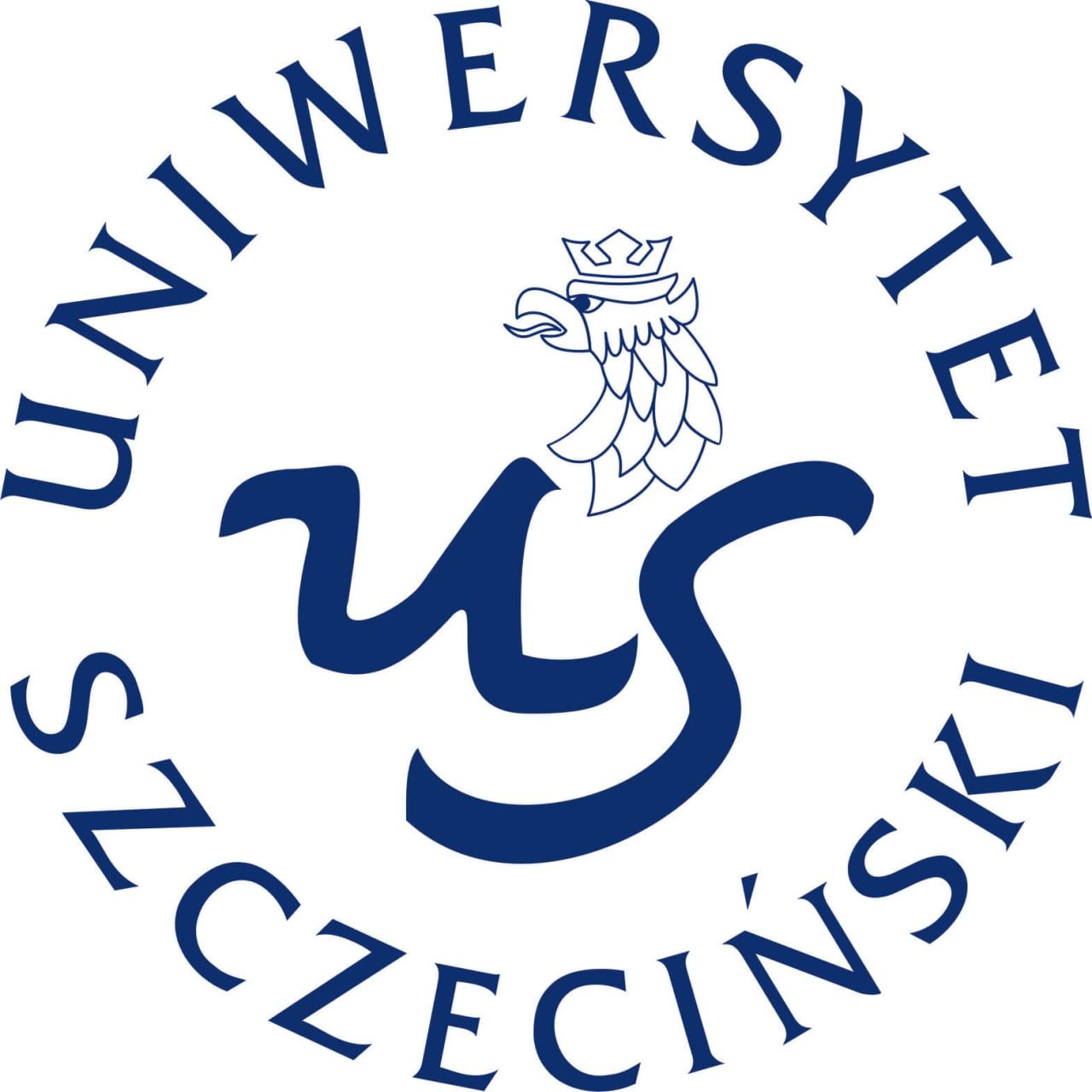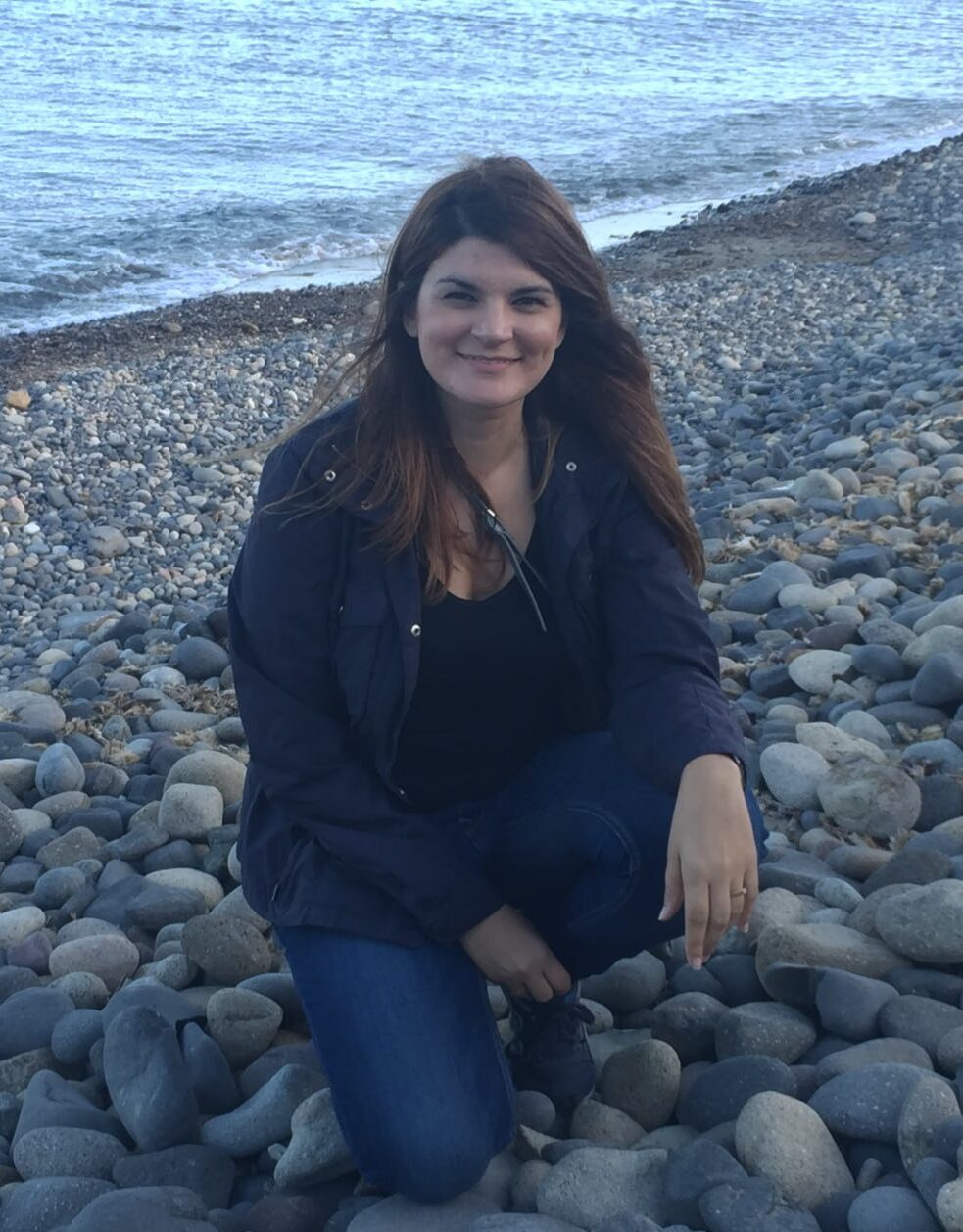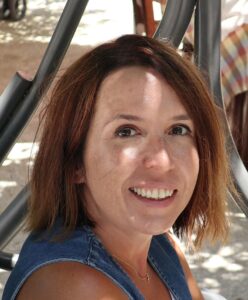
UNIVERSIDAD DE MURCIA, SPAIN.
The University of Murcia (UMU) is an international, non-profit institution with over a hundred years of experience, whose origins can be traced back to the 12th century. Today, it has more than 30,000 students, with 2,000 of them coming from abroad, 3,000 researchers and lecturers, and an administration team of 1,200 employees. UMU is considered a leading institution for higher education in south-east Spain. It is responsible for coordinating the PhraseoLAB project; the departments involved are the Department of English Studies and the relatively young Department of Translation and Interpreting (over 20 years old). Both departments have a strong track record in various linguistic disciplines as evidenced by the presence of different research groups. These groups focus on areas of applied and cognitive linguistics, corpus linguistics, foreign language didactics, as well as phraseology and phraseodidactics.

ETHNIKO KAI KAPODISTRIAKO PANEPISTIMIO ATHINON, GREECE
The National Kapodistrias University of Athens is the largest state university in Greece with around 125,000 students, doctoral candidates, over 2,000 academic staff and around 1,300 administrative, secretarial and specialised staff. Within the Faculty of Arts, the Department of German Language and Literature stands as one of 15 departments and has a long tradition of research in the fields of linguistics and foreign language acquisition.

AARHUS UNIVERSITET, DENMARK
Aarhus University was founded in 1928. Today it has around 32,000 students and circa 1,800 doctoral students, including a significant number of international students. The university also employs around 11,000 individuals. The project is based in the Department of German and Romance Languages, which is a part of the School of Communication and Culture at the Faculty of Humanities. The department focuses on a wide range of research areas and offers degree programmes in various fields: Languages, Aesthetics, Literature, Communication, Information and Media Studies, Linguistics, Scandinavian Studies and Cultures, and Arts. Aarhus University consistently ranks among the world’s top universities. In 2023, it was ranked No. 78 in the Shanghai ranking and No. 143 in the QS World University Ranking.

UNIWERSYTET SZCZECINSKI, POLAND
The University of Szczecin (US) was founded in 1984 and is currently the largest university in West Pomerania, with approximately 1000 academic staff and around 11,000 students. It consists of eighteen institutes and seven faculties. The Faculty of Humanities, which oversees the Phraseolab project, offers a wide range of studies including Global Communication (English Studies), English, German, Spanish, Norwegian, Romance, Russian Philology, Italian Philology with elements of Christianity Studies, Linguistics for Business, Russian-Polish Translation Studies, Polish Philology, Journalism and Social Communication, Baltic Cultural Studies, Archaeology, Philosophy, History, Cognitive Science of Communication, Cultural Heritage Management, International Relations, and War and Military Studies.












